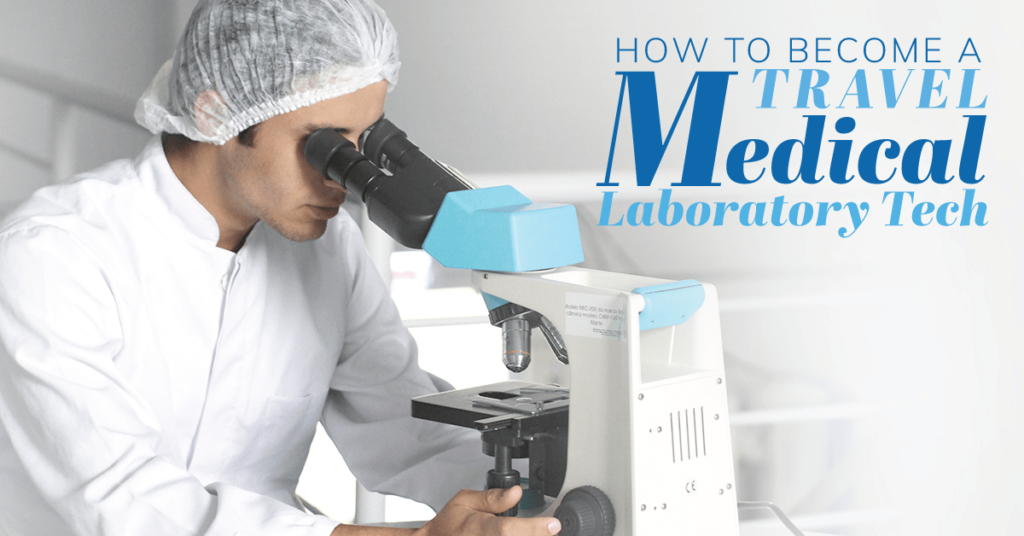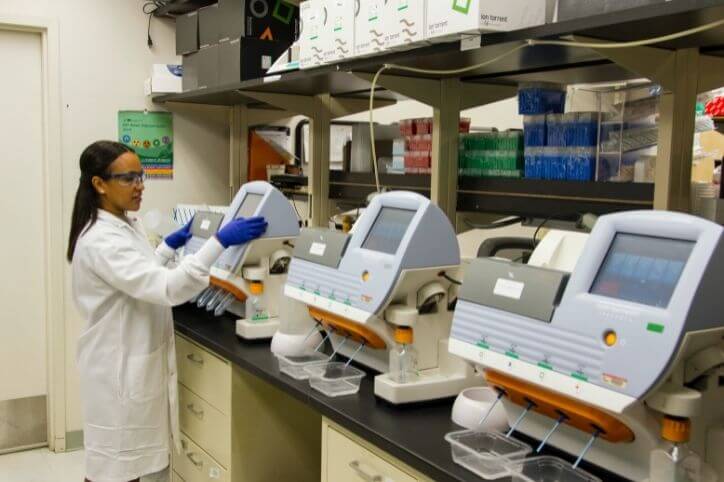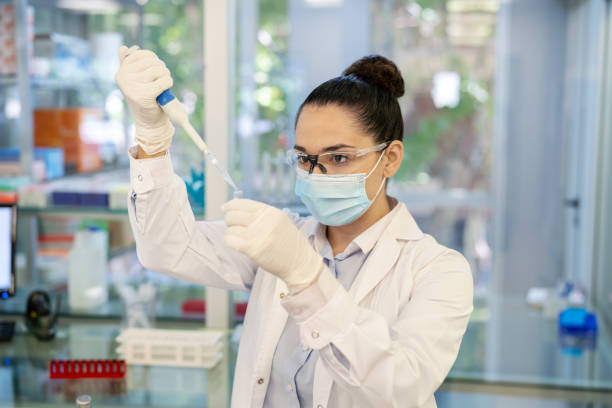Have you ever dreamed of combining your scientific expertise with your passion for travel? If so, becoming a Travel Clinical Laboratory Scientist may be the perfect career for you. This article will explore the role of a travel clinical laboratory scientist, including responsibilities, destinations, personal experiences, and tips for aspiring travelers in the scientific field.
What is a Travel Clinical Laboratory Scientist?
A Travel Clinical Laboratory Scientist is a trained professional who provides laboratory services to various healthcare facilities on a temporary or contract basis. They play a crucial role in diagnosing diseases, conducting research, and ensuring quality patient care. These scientists typically work in hospitals, clinics, and diagnostic laboratories, often traveling to different locations to fill staffing shortages.
Key Responsibilities of a Travel Clinical Laboratory Scientist
As a travel clinical laboratory scientist, your responsibilities may include:
- Performing diagnostic tests on patient samples
- Analysing and interpreting test results
- Maintaining laboratory equipment and ensuring compliance with safety standards
- Collaborating with healthcare professionals to provide accurate diagnoses
- Conducting research to develop new diagnostic techniques
How to Become a Travel Clinical Laboratory Scientist
Educational Requirements
To become a travel clinical laboratory scientist, you typically need:
- A bachelor’s degree in clinical laboratory science or a related field
- Completion of a clinical laboratory science program accredited by the National Accrediting Agency for Clinical Laboratory Sciences (NAACLS)
- A license or certification from a recognized organization, such as the American Society for Clinical Pathology (ASCP) or the American Medical Technologists (AMT)
Gaining Experience
Experience in a clinical laboratory setting is essential. Many travel clinical laboratory scientists start their careers in permanent positions before transitioning to travel contracts. This allows them to gain valuable skills, build a professional network, and understand the industry’s needs.
The Travel Experience: A Day in the Life
Traveling as a clinical laboratory scientist can be incredibly rewarding. Imagine waking up in a new city, ready to play a vital role in a healthcare team. From my experience working in various states, I’ve had the chance to meet diverse individuals and learn about unique regional health challenges. For example, while working in a rural hospital in Montana, I encountered rare diseases that are less common in urban areas.

Daily Routine
Your daily routine will vary based on your location, but generally includes:
- Arriving at the lab early to prepare for the day
- Conducting tests and entering results into the system
- Communicating with doctors and nurses to discuss findings
- Participating in team meetings to discuss laboratory operations and patient care
- Documenting quality control measures and safety protocols
Exploring New Destinations
One of the perks of being a travel clinical laboratory scientist is the opportunity to explore new places. Whether it’s hiking the trails of Colorado or enjoying the nightlife in New Orleans, each assignment offers unique experiences. I fondly remember my travels to San Diego, where I enjoyed sunny beaches after fulfilling my lab duties!

Top Destinations for Travel Clinical Laboratory Scientists
Here are some popular destinations for travel clinical laboratory scientists:
- California: Opportunities abound in urban centers as well as rural areas.
- Texas: A large state with diverse healthcare needs, offering both challenge and adventure.
- Florida: Known for tourism, which can lead to increased healthcare staffing requirements.
- Alaska: Remote locations often have urgent needs for travel lab scientists, providing unique experiences.
Pros and Cons of Being a Travel Clinical Laboratory Scientist
| Pros | Cons |
|---|---|
| Flexibility in work location | Possible isolation in remote areas |
| Opportunity to explore new places | Frequent transitions and adapting to new environments |
| Higher earning potential | Variable hours and on-call requirements |
| Networking with diverse professionals | Healthcare systems can vary greatly, requiring quick adaptability |

Travel Tips for Aspiring Clinical Laboratory Scientists
1. Research Your Destination
Before starting a new assignment, research the area. Check for local attractions, restaurants, and transportation options, which can help you settle in quickly.
2. Stay Organized
Keep track of your assignments, travel itineraries, and important documents. An organized travel bag can help ensure you have everything you need for work and leisure.

3. Network with Other Professionals
Joining online forums and associations for clinical laboratory professionals can provide valuable insights and connections.
4. Maintain a Positive Attitude
Adapting to new environments can be challenging. Keeping a positive mindset will help ease the transition into each new role.

5. Embrace New Experiences
Don’t miss out on local culture and cuisines. Try new foods, attend local events, and make the most of your travel opportunities.
Travel Clinical Laboratory Scientist Salary: What to Expect
The salary for travel clinical laboratory scientists can vary based on experience, location, and the specific facility. Average salaries range from $70,000 to $100,000 per year, with travel bonuses and benefits typically included.

Comparing the Best Travel Clinical Laboratory Scientist Agencies
| Agency | Rating | Pros | Cons |
|---|---|---|---|
| Travel Nurse Across America | 4.5/5 | Great pay, supportive staff | Limited locations |
| MedPro Healthcare Staffing | 4.7/5 | Diverse opportunities | Health benefits limited |
| American Traveler | 4.6/5 | High pay rates | Some travel restrictions |
Travel Clinical Laboratory Scientist FAQs
What qualifications do I need to become a travel clinical laboratory scientist?
To qualify, you typically need a bachelor’s degree in clinical laboratory science, professional certification, and hands-on experience in a clinical setting.

How often do travel clinical laboratory scientists travel?
Travel frequency can vary; some may travel for specific assignments lasting several weeks, while others may work on projects that require more extensive time periods.
Is being a travel clinical laboratory scientist worth it?
If you enjoy travel and are passionate about healthcare, the opportunities and experiences can make it a rewarding career choice.
What is the average salary for a travel clinical laboratory scientist?
The average salary ranges from $70,000 to $100,000, depending on experience and location.
How do I find travel clinical laboratory scientist jobs?
Most travel positions can be found through specialized staffing agencies, job boards dedicated to healthcare professions, or through networking with other professionals.
Conclusion: A Rewarding Path in Healthcare and Adventure
Becoming a travel clinical laboratory scientist allows you to combine your love for science with your passion for exploring new places. Although there are challenges, the rewards—both professionally and personally—are immense. With the right preparation, you can embrace each new assignment and make a meaningful impact in diverse healthcare settings across the country.